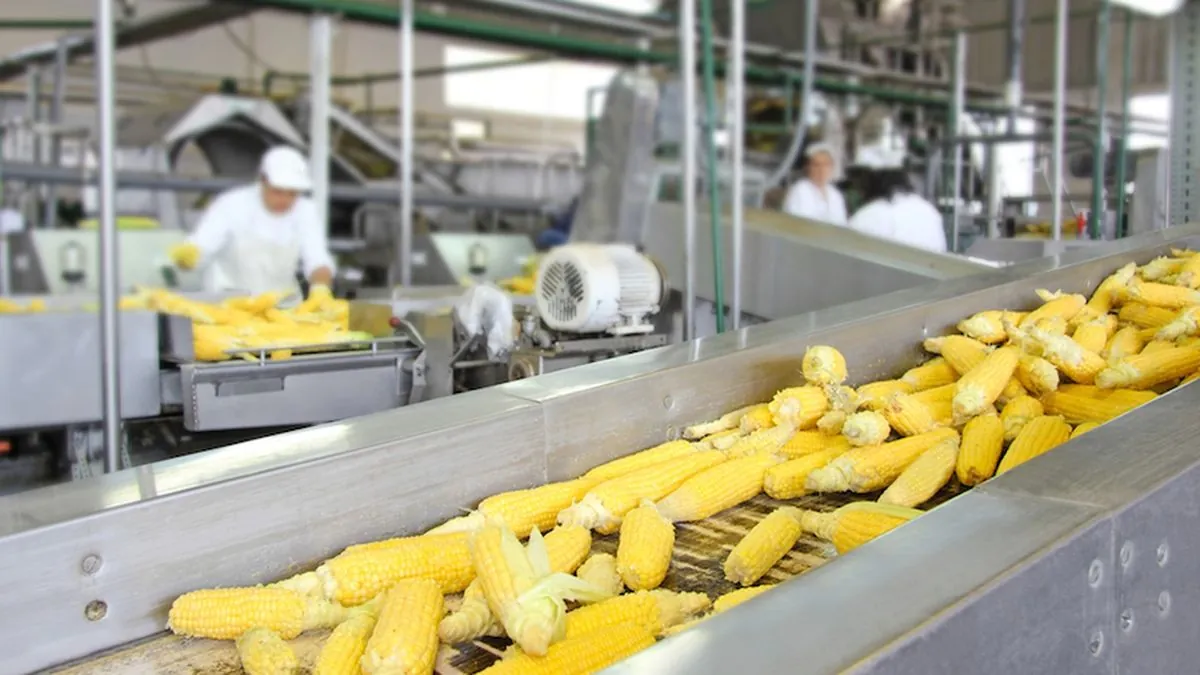Deadly Listeria Outbreak Linked to Boar's Head Deli Meat Claims 10th Victim
A nationwide listeria outbreak tied to Boar's Head deli meat has claimed its 10th victim. The CDC reports 59 hospitalizations across 19 states in the largest outbreak since 2011.

The Centers for Disease Control and Prevention (CDC) has reported a new fatality in the ongoing listeria outbreak associated with Boar's Head deli meat, bringing the death toll to 10. This marks the most severe listeria outbreak in the United States since 2011, highlighting the persistent threat of this foodborne pathogen.
As of September 25, 2024, 59 individuals have been hospitalized across 19 states since the outbreak began in late May. The CDC notes that while illness rates are decreasing, the actual number of affected people may be higher due to unreported cases.
Boar's Head has identified the liverwurst production process at its Jarratt, Virginia plant as the source of contamination. The company has taken decisive action by indefinitely closing the facility and discontinuing liverwurst production. This decision comes after a troubling history of health and safety violations at the plant.
Inspection reports reveal a pattern of issues dating back to fall 2022, when inspectors warned of "major deficiencies" that could pose an "imminent threat" to food safety. Between August 1, 2023, and July 27, 2024, the plant received citations for noncompliance on 57 separate days, including concerns about unsanitary conditions and equipment maintenance.

The U.S. Department of Agriculture (USDA) suspended inspection of the plant on July 29, 2024, effectively shutting down operations. This action followed a recall of over 70 Boar's Head products produced between May 10 and July 29, 2024, including popular items such as ham, bologna, and bacon.
"We understand the gravity of this situation and the profound impact it has had on affected families. Comprehensive measures are being implemented to prevent such an incident from ever happening again."
Listeria, first described in 1926 and named after antiseptic surgery pioneer Joseph Lister, poses significant risks, particularly to vulnerable populations. The bacteria can grow at refrigeration temperatures and has an incubation period of up to 10 weeks, making it challenging to detect and control.
The CDC estimates that listeria causes approximately 1,600 cases of illness annually in the United States. Pregnant women are about 10 times more likely to contract listeriosis than other healthy adults, and the mortality rate can reach 20-30% in high-risk groups.
This outbreak underscores the importance of stringent food safety measures. Listeria's ability to form biofilms and survive in dormant states makes it particularly difficult to eradicate from food processing environments. The food industry often uses "Listeria spp." as indicator organisms to assess sanitation effectiveness.
Consumers should be aware that some recalled products may have sell-by dates extending into October 2024, potentially remaining in refrigerators. Given the long incubation period, additional cases may still emerge.
The economic impact of listeria outbreaks can be substantial, encompassing recall costs, legal actions, and lost sales. This incident serves as a stark reminder of the ongoing challenges in food safety and the critical need for vigilance in food production and handling practices.


































